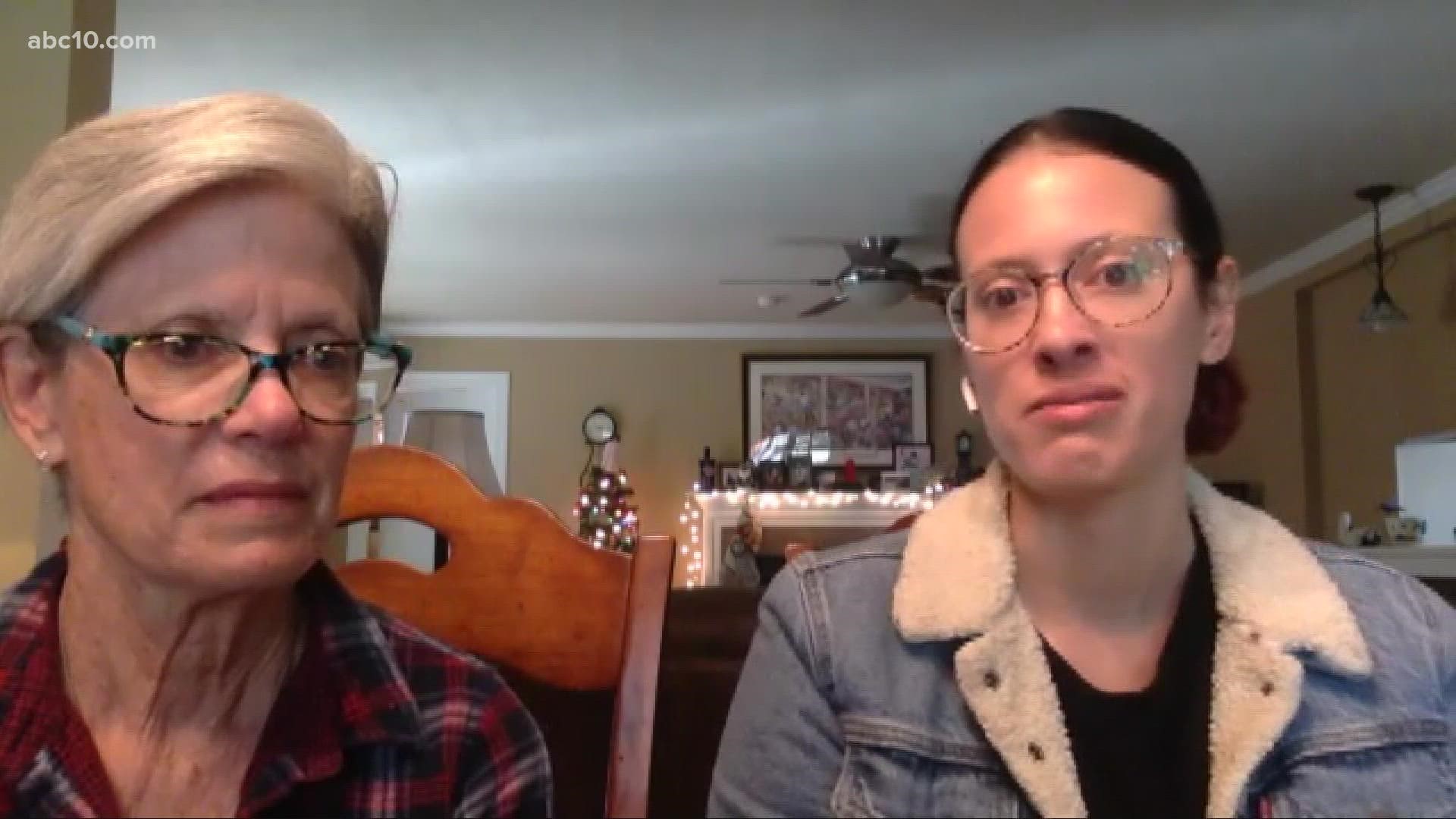SACRAMENTO, Calif. — For some, this may be the first year since the pandemic began that families feel safe to gather for the holidays.
As people catch up with loved ones, the Alzheimer's Association said it's a good time to take note of how their older loved ones are doing.
Natalie Boylan said about five years ago she started noticing something different about her mother, Shari Reyes.
"Maybe from just growing up and knowing my mom and then going into adulthood and seeing my mom — and just there were a few things that were a little bit off," Boylan said.
Boylan talked with other family members first, then they went to Reyes with her concerns. After many tests, Reyes was diagnosed with Alzheimer's Disease.
The Alzheimer's Association said the holiday season is a good time to check for behavioral changes, starting with memory.
"Remembering maybe to take their medications or some families call and say, you know my dad is feeding the dog six times a day or mom is leaving the stove on — and just really their overall daily functioning. So, how they're performing their activities of daily living. Having a difficult time with driving or just completing familiar tasks, and personality and mood changes may also be a warning sign of Alzheimer's disease. So, really it's not just memory," said Alexandra Weisgerber, the Director of Care and Support Services.
Alzheimer's Stages:
According to the Alzheimer's Association, these are three of the main stages of the disease.
- Early-stage Alzheimer's (mild): A person may function independently and they may still drive, work and be part of social activities. However, the person may feel as if they are having memory gaps.
- Middle-stage Alzheimer's (moderate): Dementia symptoms are more pronounced and someone may confuse words, get frustrated and act unexpectedly, such as refusing daily hygiene tasks.
- Late-stage Alzheimer's (severe): People may lose the ability to adjust to their changing environment, carry on a conversation and then eventually, control their movement.
Weisgerber said people will want to have a talk as soon as possible because it's not always Alzheimer's. Weisgerber said it could be depression, a vitamin deficiency or the effects of isolation over the last year and a half. It's better to rule out the disease or get your loved one the help they need.
"Not at Christmas dinner, right? But not too long afterward, have that conversation and say, 'Hey, mom, you know I've noticed that some things have changed with you. Can we have a conversation?'" Weisgerber said.
Anyone who notices some signs of Alzheimer's in a loved one or has any questions can call the Alzheimer's Association's 24-hour helpline at 1-800-272-3900.
ABC10: Watch, Download, Read
Watch more on ABC10: Roseville native stars in HBO show '12 Dates of Christmas' new season



















